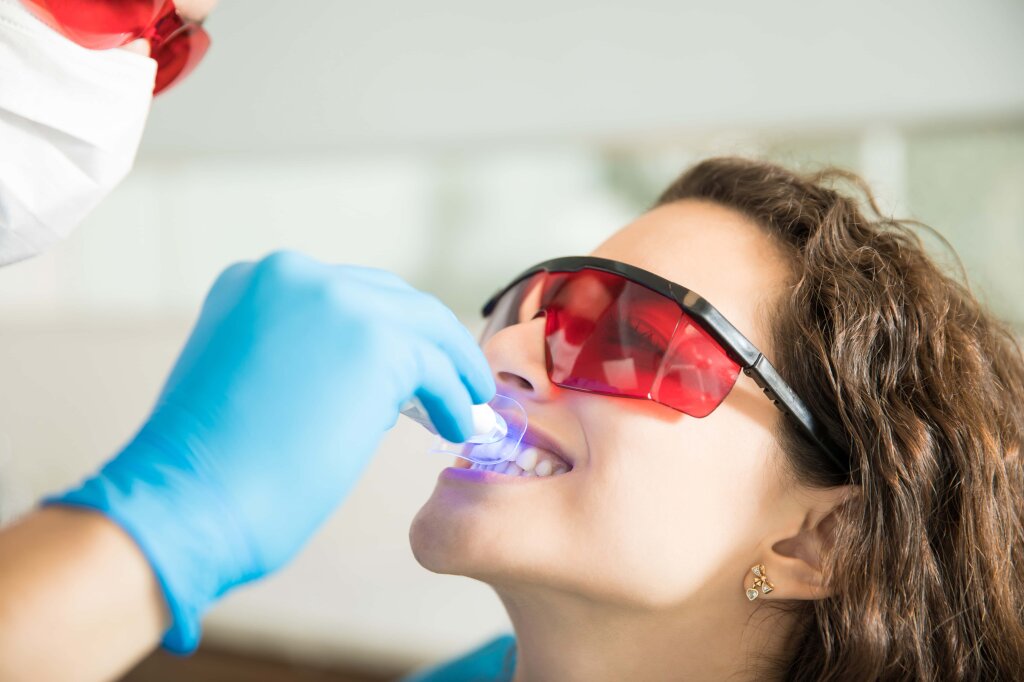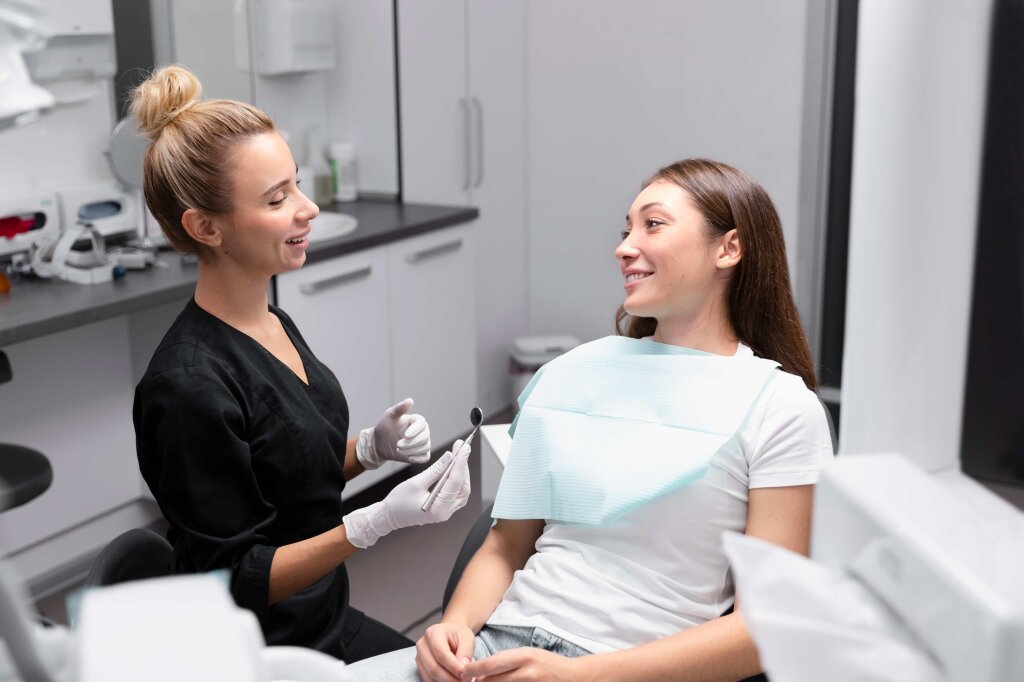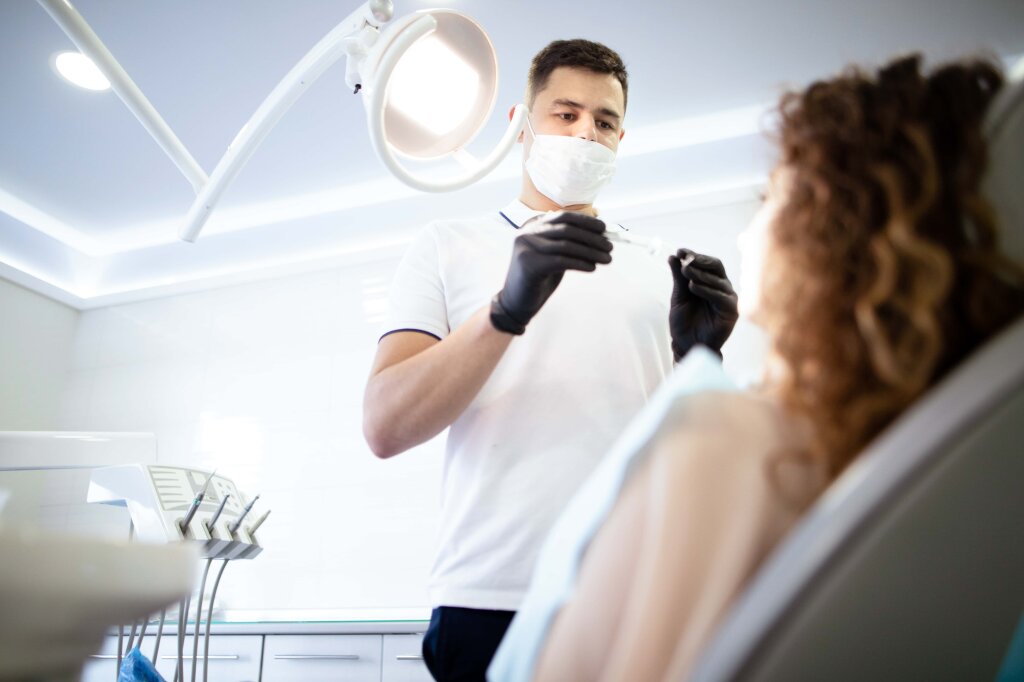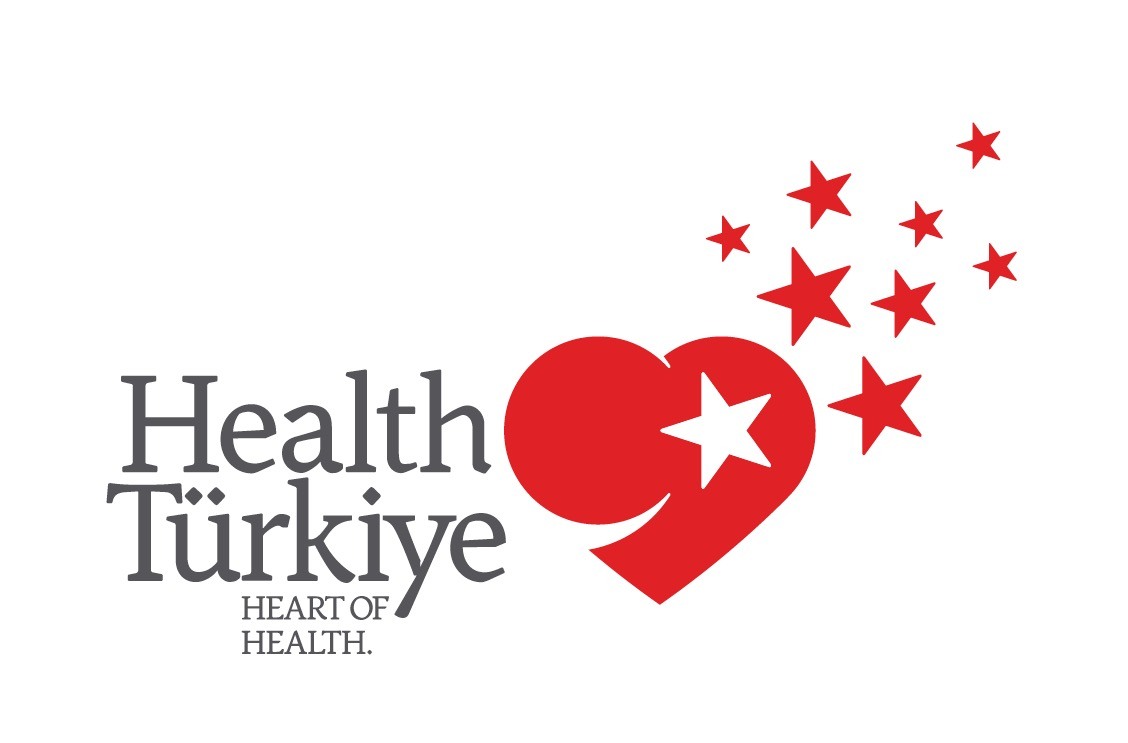Teeth cleaning is often regarded as a crucial part of maintaining a healthy oral care routine. However, there are various concerns surrounding this procedure. The question of whether teeth cleaning harms the teeth is frequently debated among those who prioritize dental health. In this article, we will explore what teeth cleaning entails, its potential effects on the teeth, and the myths and facts associated with this procedure.
What is Teeth Cleaning?
Teeth cleaning is a professional dental care procedure performed by dentists. During this process, plaque and tartar that have accumulated on the teeth are removed. Plaque is a sticky film that forms from the buildup of bacteria on the teeth, which can harden over time into tartar. These deposits can lead to gum disease and tooth decay. Teeth cleaning helps eliminate these harmful buildups, thereby contributing to the maintenance of oral health.
Does Teeth Cleaning Harm Your Teeth?
There is a lot of misinformation regarding whether teeth cleaning harms the teeth. Here are the myths and facts about this procedure:
Does It Harm Tooth Enamel?
Many people worry that teeth cleaning might damage the enamel. However, professional teeth cleaning does not harm the enamel. Dentists use tools and techniques during cleaning that are designed to protect the enamel while gently removing plaque and tartar from the tooth surface.
Does It Cause Gum Sensitivity?
Temporary gum sensitivity may occur after teeth cleaning, but this is usually mild and short-lived. When plaque and tartar are removed from the gums during cleaning, a slight sensitivity in the gums may develop. This is part of the healthy healing process of the gums and contributes to their long-term health.
Does It Thin the Teeth?
The ultrasonic tools used during teeth cleaning vibrate to remove plaque and tartar from the tooth surface. This process does not thin the teeth. On the contrary, cleaning the tooth surface helps restore the natural shine of the teeth and improves overall oral health.
Does It Whiten the Teeth?
Teeth cleaning can make the teeth appear whiter by removing surface stains and plaque. However, this procedure should not be confused with professional teeth whitening. While teeth cleaning restores the natural color of the teeth, professional whitening treatments can make the teeth several shades lighter.
Benefits of Teeth Cleaning
Teeth cleaning offers several benefits beyond just cleaning the teeth. Here are some important advantages of teeth cleaning:
Prevents Gum Disease: Tartar and plaque can lead to gum inflammation. Removing these buildups helps prevent gum disease.
Combats Bad Breath: Plaque and tartar contribute to the accumulation of bacteria that cause bad breath. Teeth cleaning helps remove these bacteria, reducing bad breath.
Prevents Tooth Decay: Plaque buildup is one of the leading causes of tooth decay. Teeth cleaning helps prevent tooth decay by eliminating plaque.
Improves Overall Health: Oral health is directly linked to overall health. Gum disease can be associated with serious health issues like heart disease, diabetes, and respiratory infections. Regular teeth cleaning reduces the risk of these conditions.
Post-Teeth Cleaning Care
After teeth cleaning, it is important to take some steps to maintain the health of your teeth and gums:
Regular Brushing and Flossing: Brushing your teeth twice a day and flossing helps maintain the long-term effects of teeth cleaning.
Healthy Diet: Avoiding sugary and acidic foods can help protect your dental health. Drinking plenty of water also supports your oral health.
Regular Dental Visits: Regular teeth cleaning and dental check-ups are the best ways to maintain your dental health.
Teeth cleaning is an essential procedure for maintaining dental health, and it does not harm your teeth. In fact, it helps you achieve and maintain a healthier mouth in the long term. Regular visits to the dentist and professional teeth cleaning are the most effective ways to preserve your oral health and prevent potential gum diseases. Remember, healthy teeth and gums are also crucial for your overall health.






